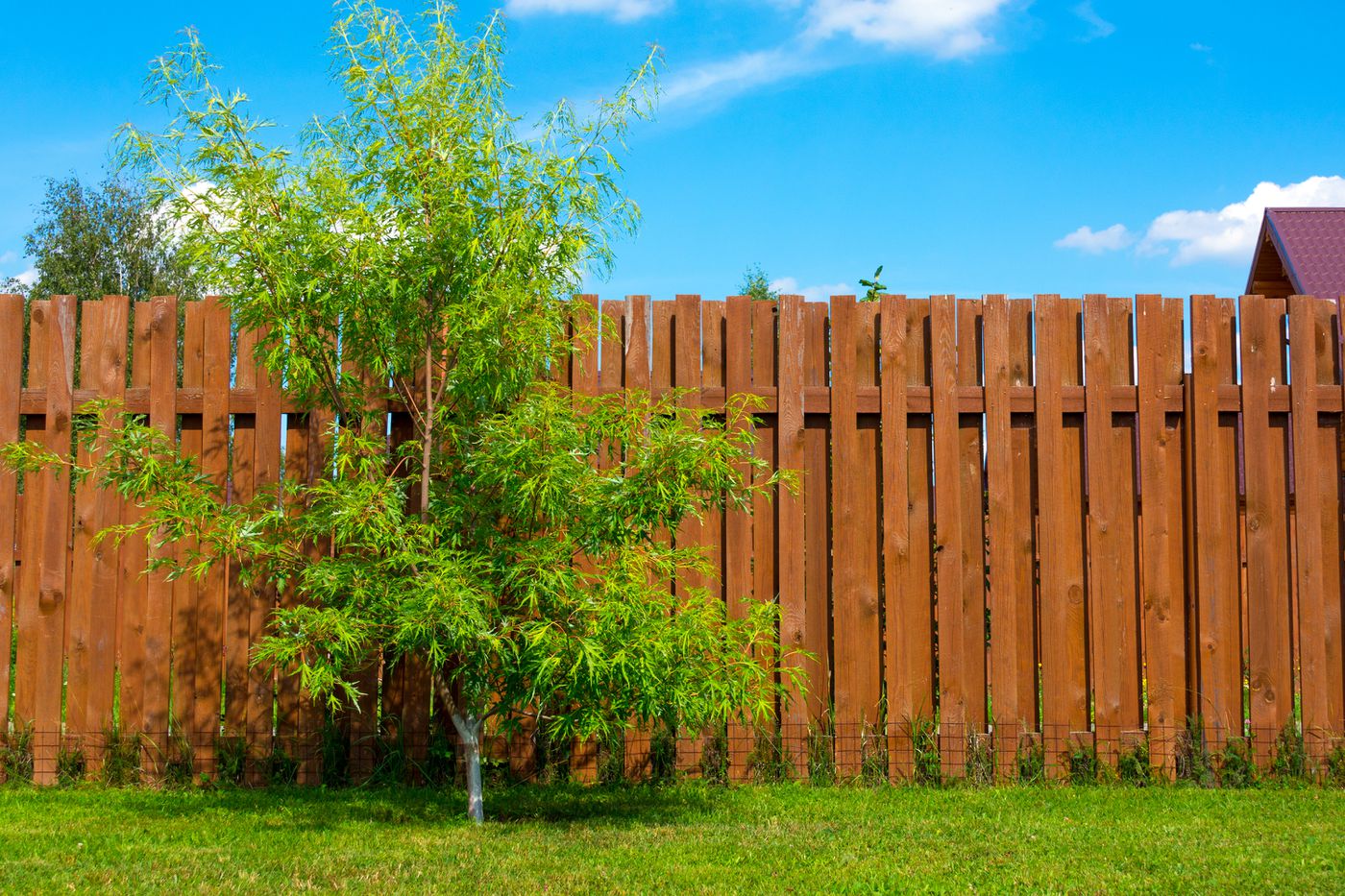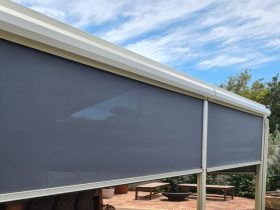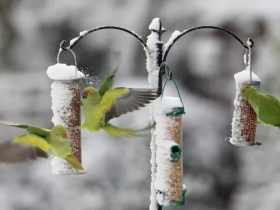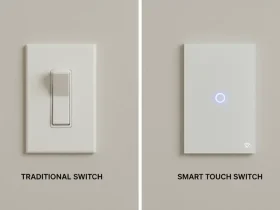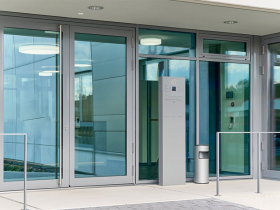Introduction
The winter season poses many challenges for most people. From iced roads to heavy build-up on large trees. However, it also challenges the fences on your property. If you need to get your fence repaired or want a new fence built for your property you can search for a “fencing company near me” and hire professionals for the job. Let’s check out types of fences ideal for winter:
The Types
- Winter challenges – Before you know about the ideal materials for winter weather, it’s important to learn about the challenges of winter weather. During the winter season water in the soil freezes and expands and creates upward pressure on things buried in the soil. These include deck footings and fence posts. To solve this issue, you need to make sure that the fence posts are buried at least a couple of feet under the frost line. However, even after digging that deep, frost acts on the part of the fence above the frost line.
That’s why concrete needs to be poured along with the fence posts to create fence footers under the soil. This makes the expanding frost firm up the concrete posts instead of making the fence posts weaker. Apart from that, there are also concerns about winter weather. Winter weather can affect the fencing material and make it brittle over time. The continuous wet and dry cycles during winter can shrink and expand materials and can even loosen hardware. That’s why wood and vinyl are usually not preferred for winter climates. Let’s check out the best fence materials for winter.
Apart from moisture, expansion, and contraction, there’s another winter challenge that tests the fence material. During winter a lot of snow gets accumulated on the fence and when they melt, they leave water on the surface and create pools along the base. If your fence is made of organic materials like wood, this can cause mold and even make the wood rot.
- Wood fences with metal posts – While wood isn’t the ideal material for winter fences, its weakness can be eliminated by replacing the most vulnerable parts with metal. Instead of thick wooden posts that would expand and shrink drastically under the soil, replace them with metal posts. Most of the fence is made with wood pickets while the posts are made of metal. This makes the fence sturdier and much stronger. This kind of fence will last you through a few winter seasons. However, this should only be an option if you’re on a budget since it has many long-term disadvantages.
- Steel fences – Fences made from soil steel are some of the sturdiest fences you can build. That means everything from the pickets to the rails and posts needs to be made from steel. Think of wrought iron fences. They are basically steel fences through and through that are made to look like wrought iron. Wrought iron is not used since it isn’t as strong or rust-resistant as steel and is also much more expensive.
With steel construction, none of the components on your fence would be vulnerable to water absorption. But water can still collect in fittings, joints, and hardware points. However, they won’t be affected by expansion and contraction as much as other materials. If you live near the ocean or other such windy areas, steel fences have another advantage of having spaced pickets. These allow wind to pass through without any resistance and keep the fence upright in all situations.
- Aluminum fences – Aluminum fences have similar advantages as steel. That means they can be built to have the appearance of wrought iron. However, they are much tighter than steel fences and even easier to install. However, aluminum isn’t as sturdy and impact resistant as steel and can be dented or bent quite easily. Moreover, an aluminum fence isn’t an option if you live near the sea. The salty and humid air makes the steel fittings and aluminum fence react in such a way that it corrodes the pristine aluminum surface.
- Pre-galvanized steel – As mentioned-above salty weather in winter climate can erode certain parts of aluminum and steel. However, there are ways to counter it. Fortunately, most steel produced is pre-galvanized at the mill. The metal is coated with a thin sheet of zinc. You can actually see crystalized zinc on steel chain links if you closely inspect it. This zinc layer protects the alloy from moisture and prevents it from rusting. However, it can be easily scratched off during cutting and welding when the fence posts, rails, and pickets are fabricated.
- Hot-dipped galvanization – With hot-dipped galvanization, pre-galvanized steel is dipped in molten zinc after the fabrication process. This covers those parts of the steel that were exposed after cutting and welding in the fabrication process. Moreover, hot-dipped galvanization creates a thicker layer of zinc on the steel that can be scratched away easily. This makes your steel last longer and is a standard industry practice for hardware like screws and bolts. This makes the zinc layer corrode away for years before the steel surface is exposed. With fencing made from hot-dipped galvanized steel, your fence can last for years.
- E-coat – An e-coat or electrophoretic deposition is similar to hot-dipped galvanization. However, instead of zinc or some other metal, the metal is coated with a material that has an opposite charge. This creates a strong attraction between the coated metal and the particles. This helps to create a smooth, moisture-resistant layer that is non-sacrificial in nature. This is often used for coating cars made of aluminum and steel in the automotive industry. However, e-coated metals cost a lot more than regular steel and aluminum.
Conclusion
Despite the challenges of winter weather, you have a lot of materials to choose from while constructing a new fence. From steel fences to galvanized aluminum, there are many options. If you need a new fence constructed for your property you can hire the right professionals for the job by searching for a “fencing company near me”.

